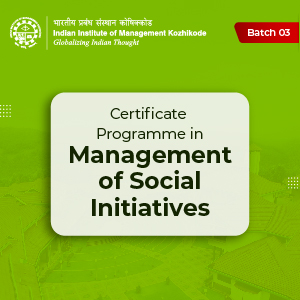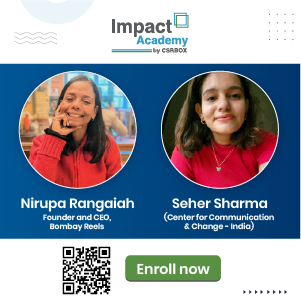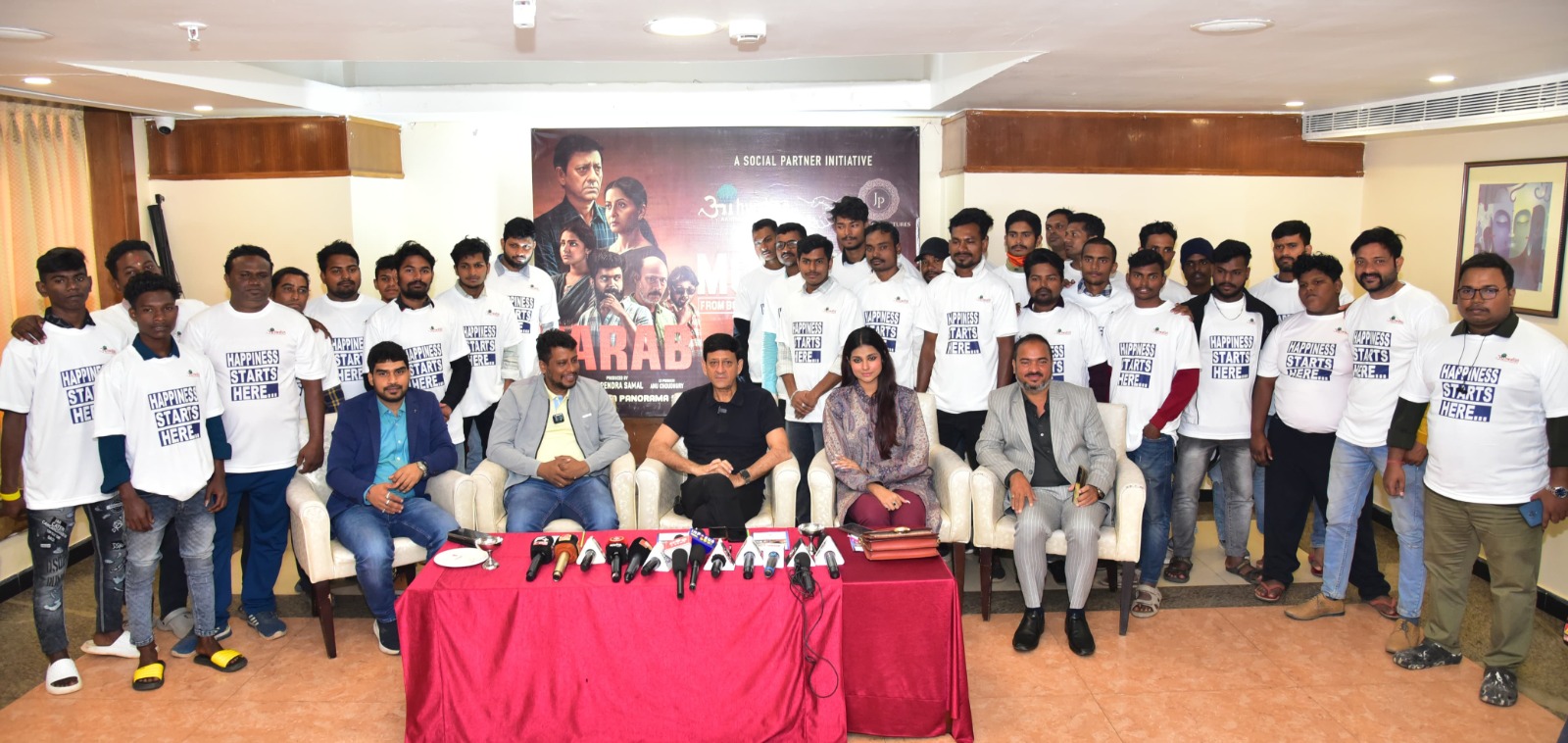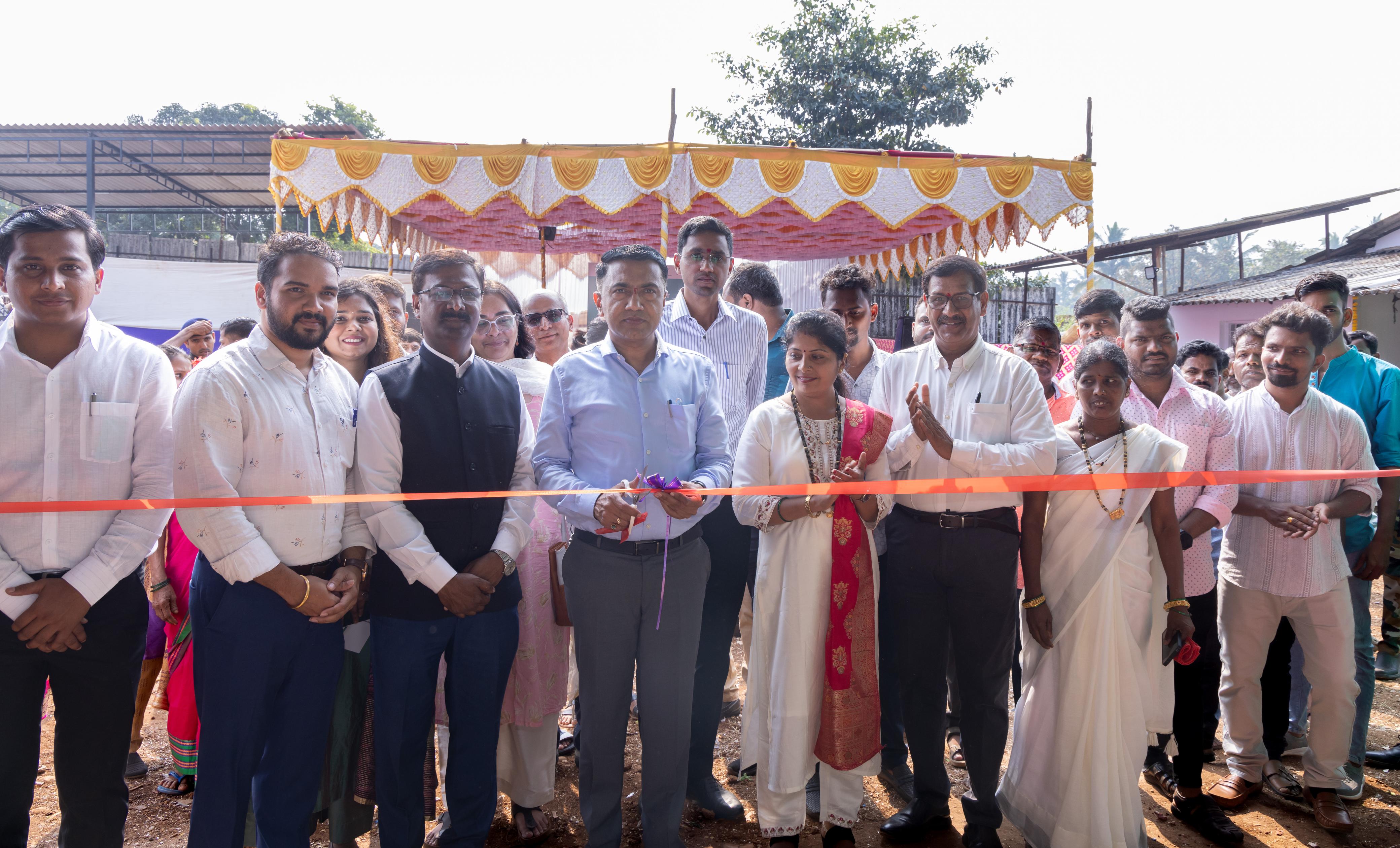Subscribe our Weekly Newsletter
Applications Invited for UNVTF Small Grants Programme 2025

Organization: United Nations Office on Drugs and Crime (UNODC)
Apply By: 31 Jan 2025
Grant Amount: 20000 USD
About the Organization
The United Nations Office on Drugs and Crime (UNODC) contributes to global peace and security, sustainable development and human rights by helping to make the world safer from drugs, crime, corruption and terrorism. UNODC provides technical assistance, research and normative support to Member States to help them develop and implement comprehensive, evidence-based solutions to the complex and interconnected threats that they face at the national, regional and global levels. In today’s challenging times, our work is needed more than ever. Our efforts center on protecting people and our planet from criminal exploitation through inclusive, sustainable, human rights-based approaches. Headquartered in Vienna with a network of over 130 offices around the world, UNODC advances justice, health and security to build resilient societies and improve everyday life for individuals, families and communities around the globe.
About the Grant
Background:
The United Nations Voluntary Trust Fund for Victims of Trafficking in Persons (hereinafter referred to as ‘UNVTF’ or the ‘Trust Fund’) was established by the United Nations General Assembly in 2010 as part of the United Nations Global Plan of Action to Combat Trafficking in Persons. The fund is victim-centred and aims to provide essential humanitarian, legal and financial aid to victims of trafficking in persons through established channels of assistance.
The UNVTF is managed by the United Nations Office on Drugs and Crime (UNODC) and benefits from the strategic guidance and expertise of a five-member Board of Trustees, appointed by the UN Secretary-General for a three-year term. Since its inception in 2010, the UNVTF has supported 195 CSO projects in over 60 countries, directly impacting the lives of over 90,000 victims of human trafficking.
Trafficking in Persons: The Protocol to Prevent, Suppress and Punish Trafficking in Persons, Especially Women and Children, supplementing the United Nations Convention against Transnational Organized Crime defines human trafficking as “the recruitment, transportation, transfer, harbouring or receipt of persons, by means of the threat or use of force or other forms of coercion, of abduction, of fraud, of deception, of the abuse of power or of a position of vulnerability or of the giving or receiving of payments or benefits to achieve the consent of a person having control over another person, for the purpose of exploitation.”
The trafficking of persons remains as one of the worst forms of violence against individuals. It is a serious crime and a grave violation of human rights. Every year, thousands of men, women and children, of all ages and intersectional backgrounds, fall victim into the hands of traffickers, in their own countries and abroad. Twenty-three years after the United Nations Protocol to Prevent, Suppress and Punish Trafficking in Persons, especially Women and Children was opened for signing in Palermo (Italy), State Parties are still struggling to reduce the incidence of this crime and to offer victims the much-needed protection and care for the purpose of their full recovery and social reintegration. The United Nations Office on Drugs and Crime (UNODC) serves as the guardian of the UN Trafficking in Persons Protocol. While considerable progress has been made in this area efforts of all actors involved need to be further strengthened in order to achieve the desired results. It is widely estimated that nearly 50 million people are currently trapped in trafficking situations worldwide. Organized networks or individuals behind these lucrative crimes take advantage of people who are vulnerable, desperate or simply seeking a better life. Traffickers often use violence or fraudulent employment agencies and fake promises of education and job opportunities to trick and coerce their victims. Human trafficking has many forms. These include exploitation in the sex, entertainment and hospitality industries, and as domestic workers or in forced marriages. Victims are forced to work in factories, on construction sites or in the agricultural sector without pay or with an inadequate salary, living in fear of violence and often in inhumane conditions. Some victims are tricked or coerced into having their organs removed. Children are forced to serve as soldiers or to commit crimes for the benefit of the criminals.
Objectives:
This Global Call for Proposals takes into consideration the importance of harnessing all available resources towards the implementation of activities aimed at meeting the objectives of this Grants programme. The main objectives of this Grants programme are:
- to provide direct assistance and protection to vulnerable victims of trafficking in persons
- to improve health and well-being, facilitate social integration and prevent re-trafficking amongst vulnerable victims of trafficking in persons
Thematic focus and priority issues:
This Call for proposals seeks to provide funding support to not-for-profit organisations working in the area of trafficking in persons whose projects are aimed at providing immediate and essential direct assistance for vulnerable victims of trafficking in persons.
Priority shall be given to projects that target the following population:
- Women and Children; and
- Those most left behind, including underserved groups especially excluded or disadvantaged victims of human trafficking (such as persons with disabilities, LGBTQI, internally displaced and refugees, indigenous, older and members of ethnic minorities).
Priority shall be given to projects that adapt programmes or design interventions:
- Facilitating early identification of human trafficking victims;
- Integrate use of innovative strategies and technologies supporting appropriate victim assistance;
- Integrate survivor-focused financial inclusion and economic empowerment approaches to support victims’ rehabilitation and reintegration to society;
- Promote engagement with persons with lived experience of trafficking and taking into account trauma-informed responses for victims’ reintegration into society;
Priority shall be given to projects that target persons identified in the following situations:
- persons identified among large movements of refugees and/or migrants, internally displaced persons affected due to conflict, post-conflict and continued instability,socio-political tensions or a breakdown of law and order;
- persons identified in or fleeing areas that has been affected by the spill-over of climate change related displacement;
Priority shall be given to projects that target the following forms of exploitation:
- sexual exploitation
- forced labour
- organ removal
- forced begging
- forced criminal activity
- forced marriage
- production of pornographic material
- recruitment of children into armed groups
- child trafficking in Sport
Activities that will be given priority include:
- medical assistance
- material assistance in the form of food, clothing etc.
- immediate, safe and short-term shelter legal advice and representation aimed at securing legal status and/or remedies
- psychosocial assistance
- education and/or vocational training
- assistance with family reunification and/or repatriation with full consent of the victim
Award amounts: Proposals with budgets up to USD 20,000 will be considered for award.
Eligibility
In order to be eligible for a grant, applicants must:
- be a non-profit making organisation (NGO, CSOs, CBOs) registered under the relevant Laws of the country where it is registered and in the country where it will be implementing the proposed project;
- have been registered by 1 December 2022;
- be directly responsible for the preparation and management of the project, i.e., not acting as an intermediary;
- demonstrate prior experience of at least two (2) year implementing activities in the area of direct assistance to victims of trafficking in persons in line with the Protocol to Prevent, Suppress and Punish Trafficking in Persons, Especially Women and Children, supplementing the United Nations Convention against Transnational Organized Crime or in providing other services to vulnerable populations including IDPs and forcibly displaced persons;
- complete registration in the UN Partner Portal (UNPP) with a valid Partner ID including Protection from Sexual Exploitation and Abuse (PSEA) Module;
- have a bank account in the organisation’s name;
- confirm that the organisation takes appropriate measures to prevent sexual exploitation and abuse and signs the Partner declaration form.
How to Apply
The deadline for submission is on the 31st of January 2025, 23:59 CEST.
Applications must be submitted by email to unodc-victimsfund@un.org titled “Application for UNVTF Small Grants Programme 2025”.
For more information please check the Link
Stay in the loop with the newest RFPs and Grants through NGOBOX's WhatsApp Channel. Join now by clicking here!
Latest Online Store
Latest Tenders And EOIs
Latest News
© Renalysis Consultants Pvt Ltd

.png)























.jpg)
